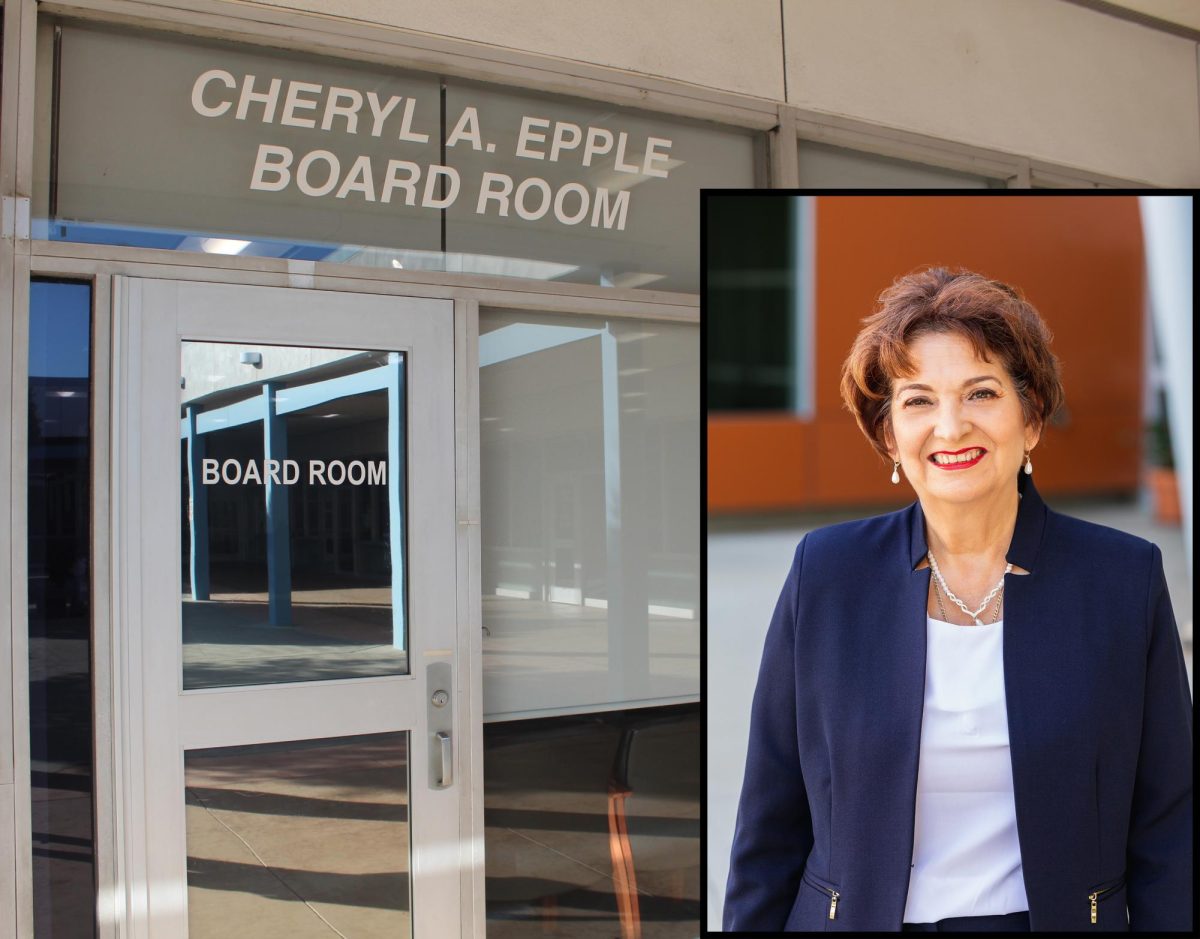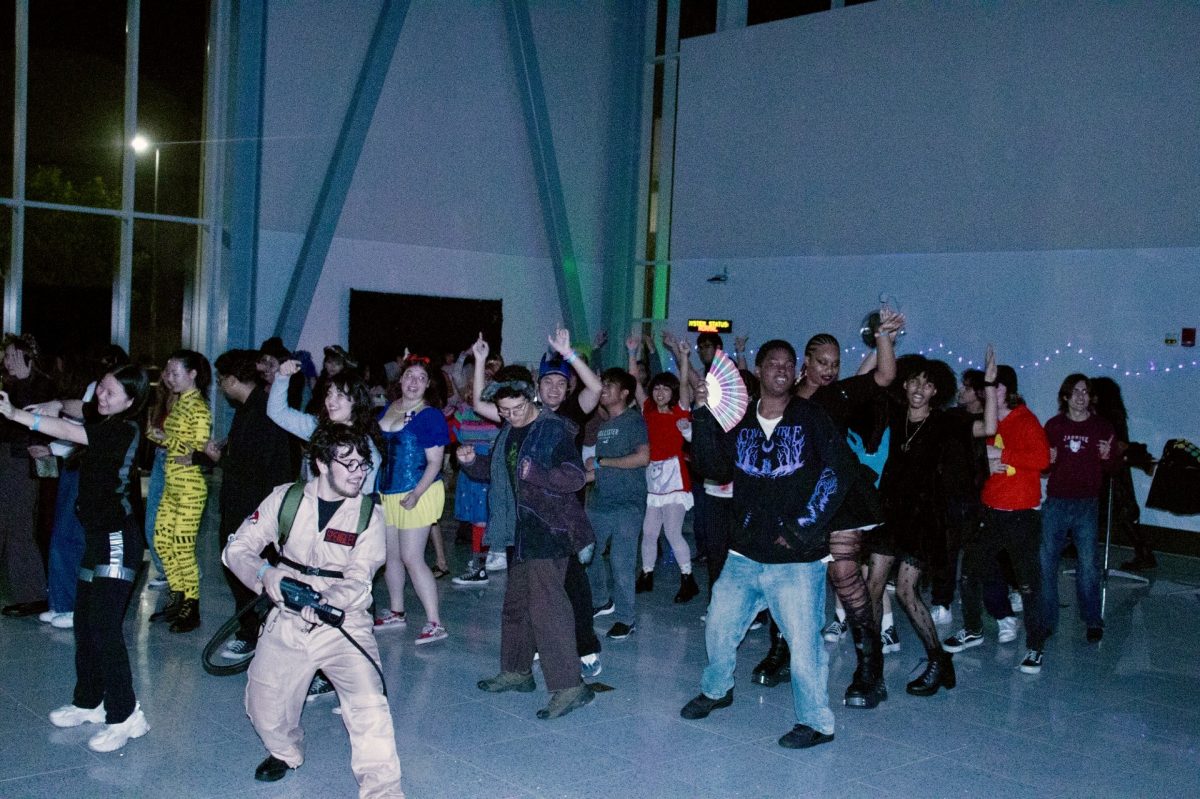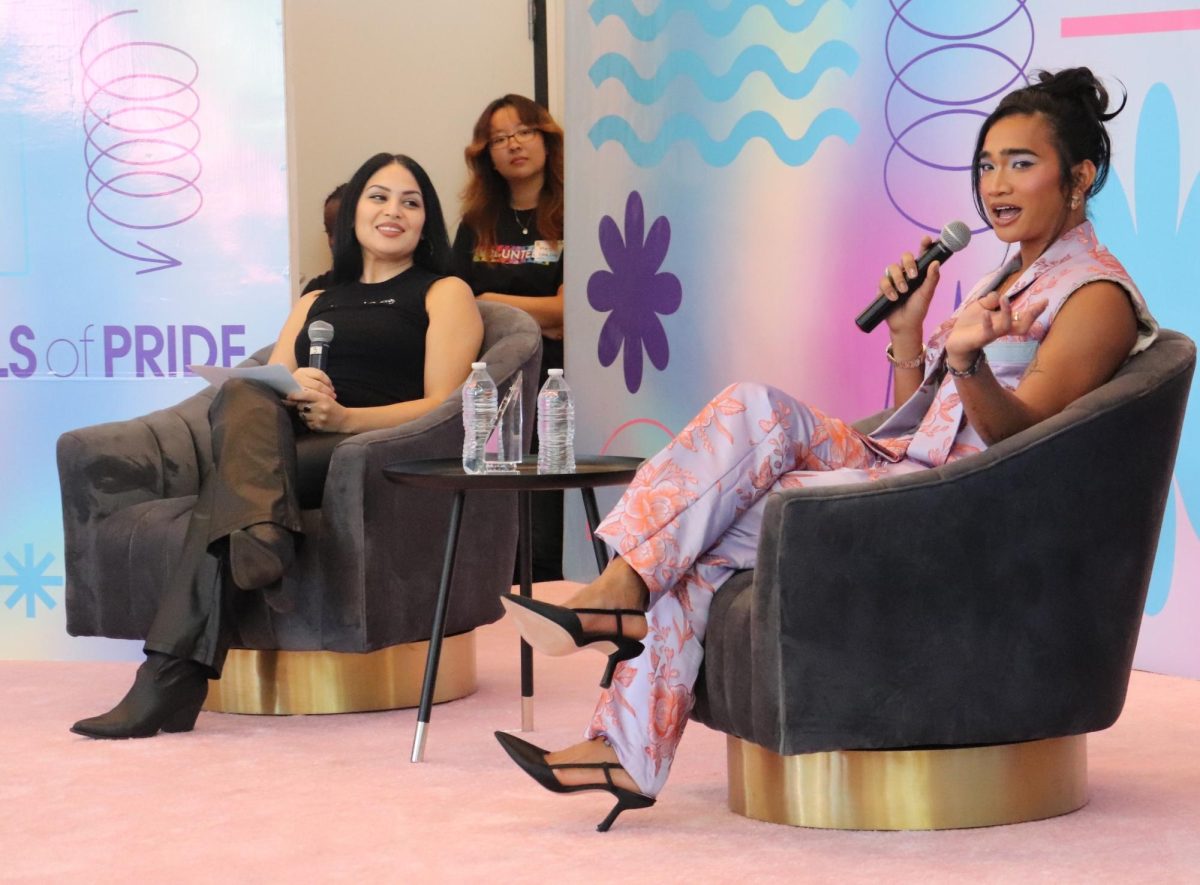Countless gay couples’ agony was painfully prolonged with last week’s decision to keep new same-sex marriages in California on hold.
California Proposition 8, passed in the November 2008 state elections, decreed that marriage is exclusive to opposite-sex couples. On Aug. 4, U.S. District Judge Vaughn R. Walker overturned Proposition 8, citing its violation of our U.S. Constitution. On Aug. 12, he announced that gay marriages would resume at 5 p.m., Wednesday, Aug. 18. Three judges on the U.S. 9th Circuit of Appeals have now reimposed the stay on all new same-sex marriages in California.
Although this back-and-forth struggle amongst our judicial leaders has administered an expedited timetable for the resolve of Judge Walker’s appeal, one must inquire as to how necessary it truly is.
This stay is unnecessary, and is only delaying what should be the inevitable– an eventual return to rationality and the undoing of California Proposition 8.
In 2009, the Census Bureau provided The Associated Press with a tally. It reported that of the 564,743 gay couples in the U.S., only 27 percent classified themselves as something akin to “husband” and “wife”. Now contrast that with the 91 percent of the 61.3 million heterosexual couples in the U.S. who declared the same.
So, let’s do the math. Twenty-seven percent of 564,743 accounts to roughly 152,480 “married” gay couples. That leaves 412,263 unmarried gay couples. I have to believe that the greater portion of those unmarried couples would be more than happy to marry. But with the persisting hold on gay marriages, their dreams were crushed once more.
On Aug. 11, CNN released a national poll asking visitors if they “think gays and lesbians should have a constitutional right to get married and have their marriage recognized by law as valid”. Fifty-two percent of participants answered, “Yes.”
So if the majority of Americans are in support of legalizing gay marriage, why does our judicial system continue to hamper this inevitable and essential progress?







